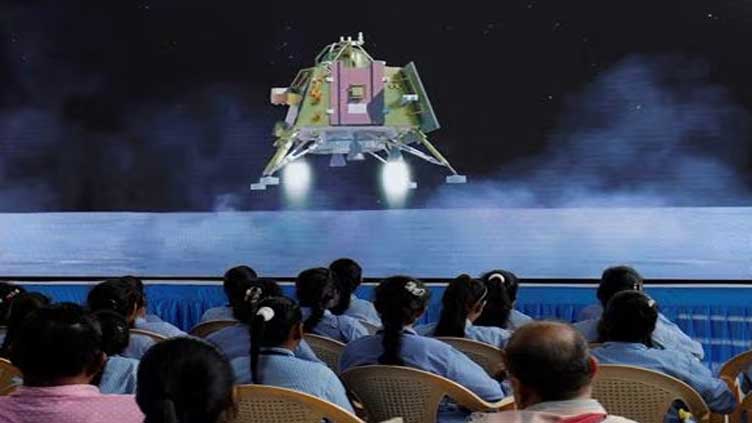Tech
What is India’s next space mission after moon landing?

Tech
Don’t worry if your Android gets stolen, new Theft Detection Lock comes to rescue
Don’t worry if your Android gets stolen, new Theft Detection Lock comes to rescue
Tech
Tesla must face vehicle owners’ lawsuit over self-driving claims
Tesla must face vehicle owners’ lawsuit over self-driving claims
Tech
Microsoft asks hundreds of China staff to relocate
Microsoft asks hundreds of China staff to relocate
-

 Sports3 months ago
Sports3 months agoSon and Bissouma ready for Spurs game with Brighton
-

 Fashion3 months ago
Fashion3 months agoGiorgio Armani catwalk blooms with florals at Milan Fashion Week
-

 Sports3 months ago
Sports3 months agoSinisterra signs long-term deal with Bournemouth
-

 World3 months ago
World3 months agoTaiwan ally Tuvalu names Feleti Teo as new prime minister
-

 pakistan3 months ago
pakistan3 months agoECP rejects Salman Akram’s plea for PTI affiliation
-

 pakistan3 months ago
pakistan3 months agoECP convenes emergency meeting today
-

 World3 months ago
World3 months agoTunisia court sentences ex-president Marzouki to 8 years in absentia
-

 Sports2 months ago
Sports2 months agoScaled-back opening ceremony for Paris Olympics to offer 326,000 tickets




















